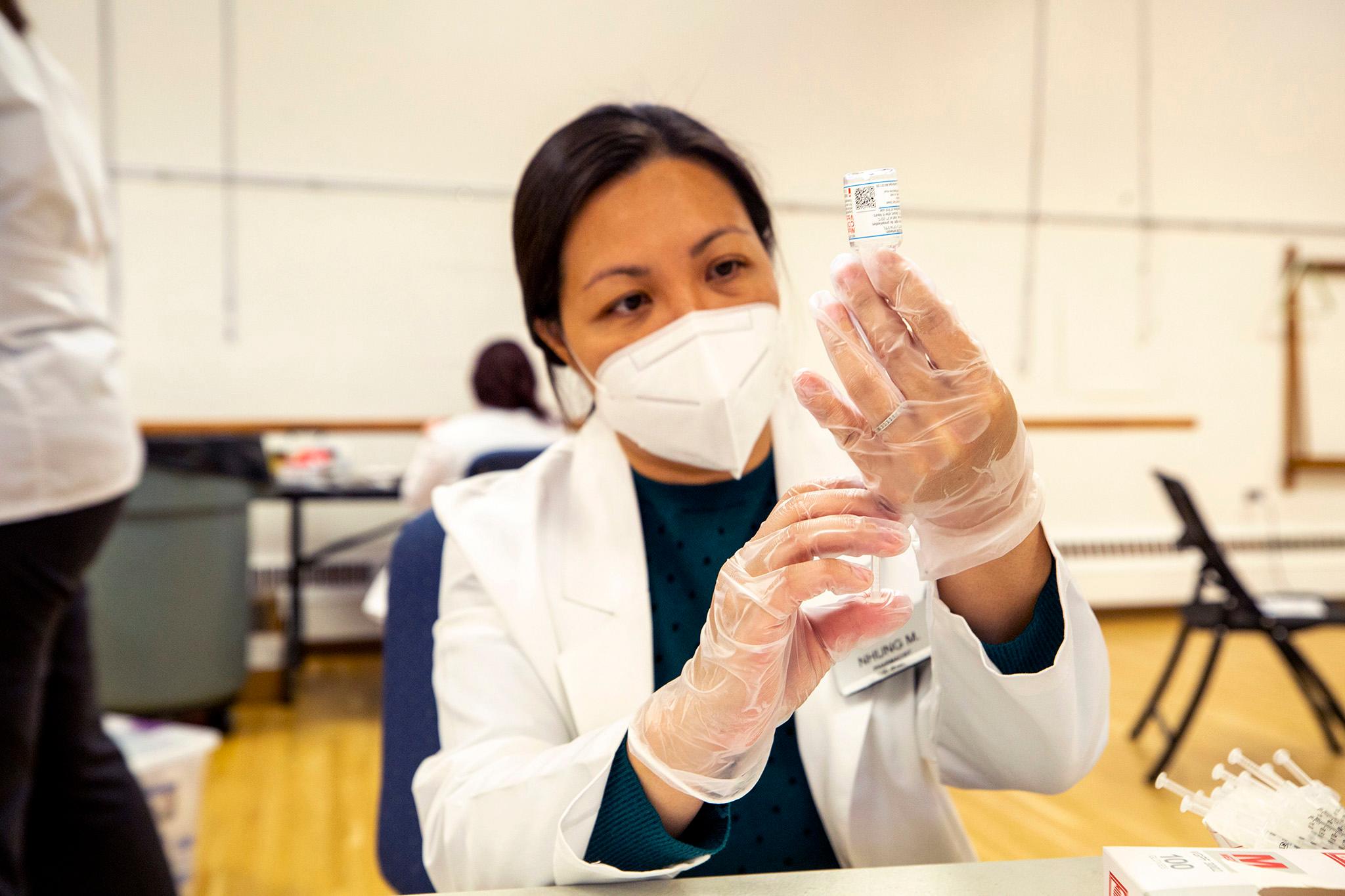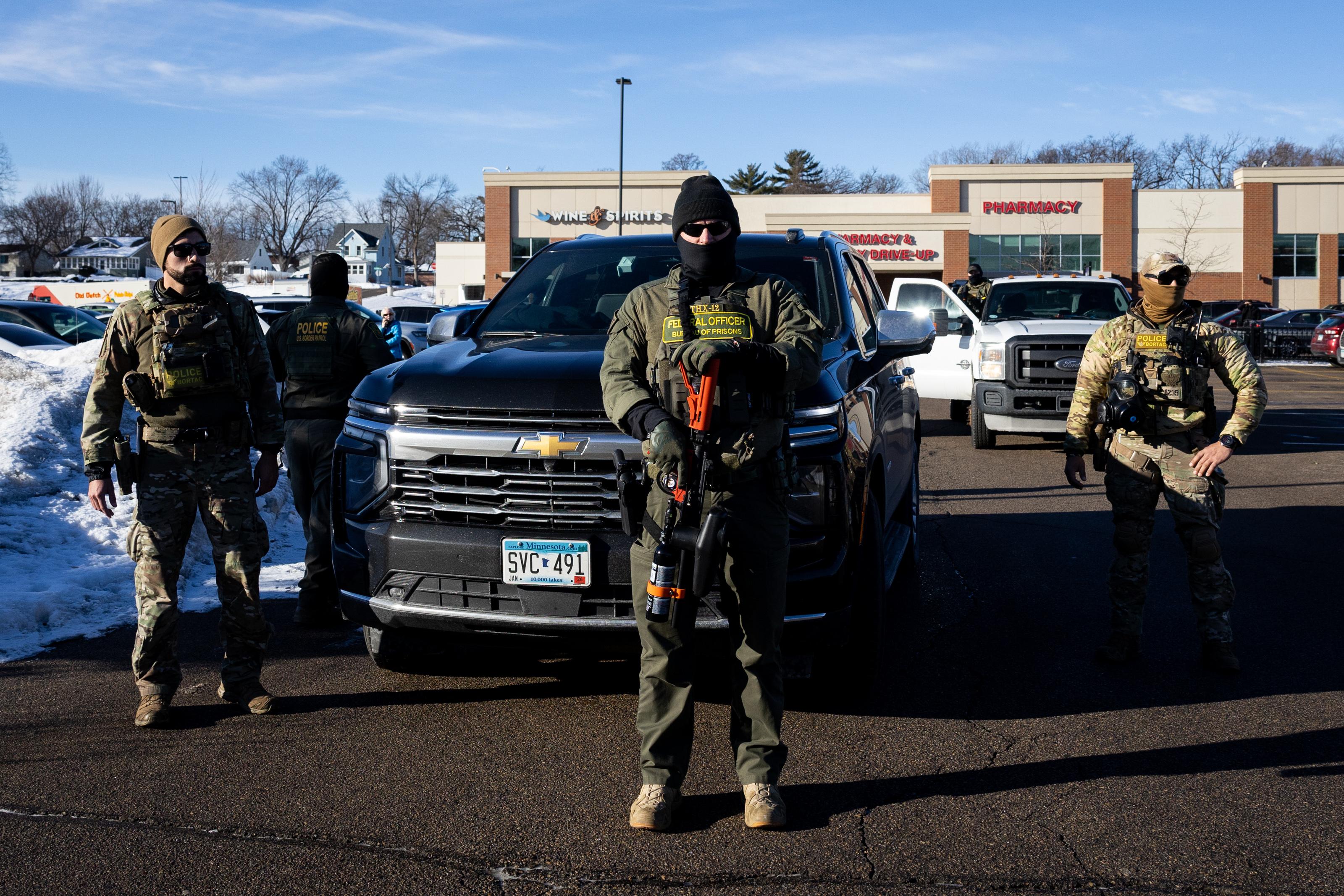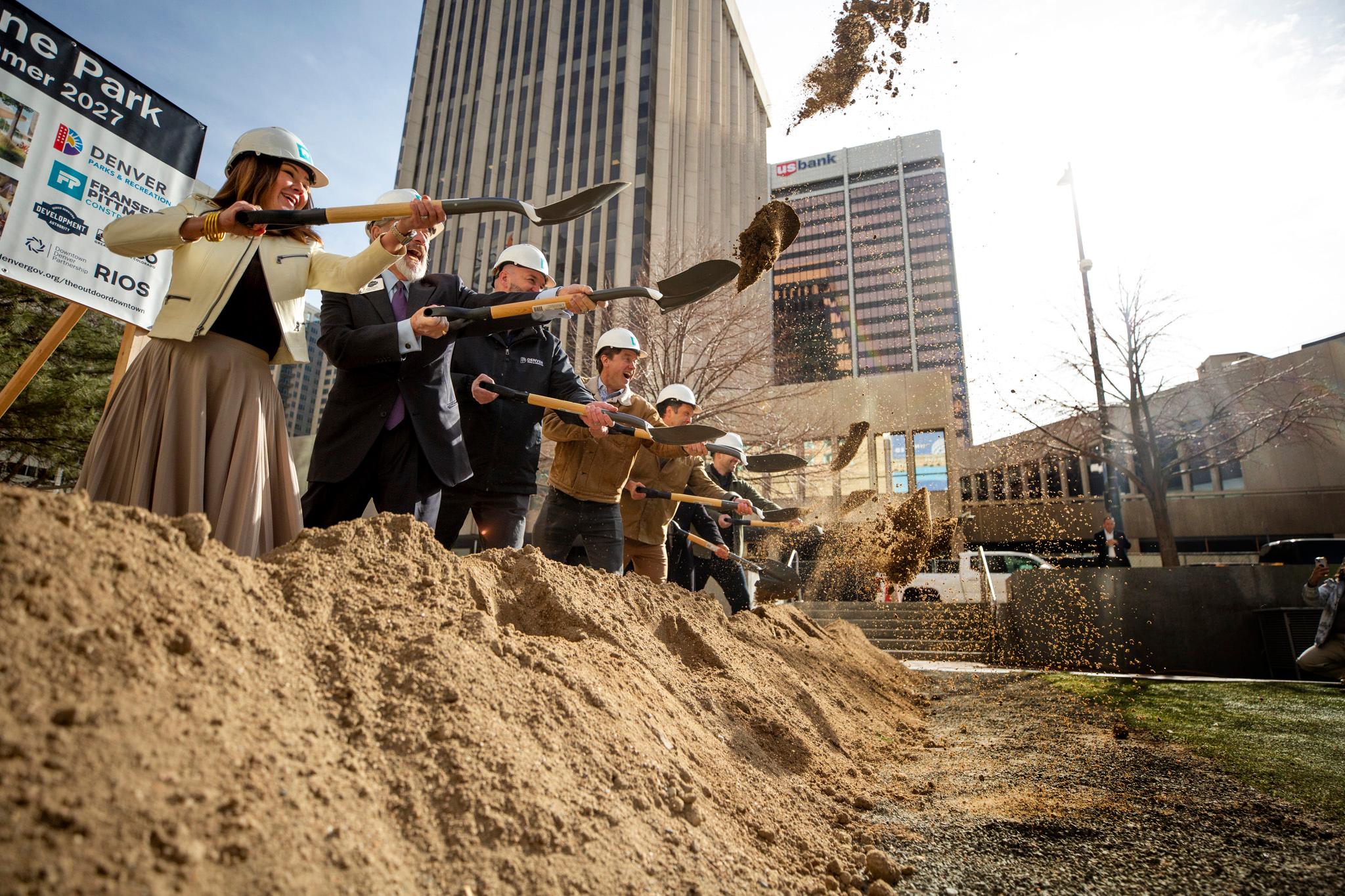Denver will reinstitute a mask mandate requiring all residents to wear face coverings indoors starting Wednesday and lasting until at least Jan. 3, 2022. Mayor Michael Hancock and health officials stressed the ongoing importance of vaccines and boosters at a press conference Tuesday.
"I know it's disappointing that the decisions of some may mean additional restrictions on our vaccinated residents," Mayor Hancock said. "We're not here today because what we've done in Denver and the region hasn't worked; quite the opposite. If other communities in Colorado and around the country took the affirmative steps we have taken around vaccines, the pandemic would be under control."
Nearly 90% of city residents 12 and older have gotten at least one vaccine, while 80% of people in this age group are fully vaccinated, according to city data. The city lifted its previous mask order in May.
The new mask order will be in place for all residents over the age of two or three. Businesses may opt to verify vaccinations rather than requiring face coverings, but they must have city approval and proof that 95% of the people in the facility, including employees, are fully vaccinated.
Some communities in the Denver metro area passed similar measures Monday, meaning that now Denver as well as Adams, Arapahoe and Jefferson counties have indoor mask mandates.
"When there are no state orders to protect the people of Colorado, it becomes crucial for us to work together in the metro area," Dawn Comstock of Jefferson County Public Health said. Gov. Polis has still not enacted any statewide COVID-19 safety measures, despite mounting public pressure.
At a COVID-19 update with reporters not long after Mayor Hancock and local public health officials wrapped up their event, Gov. Jared Polis said he backed their efforts, and made it clear that despite the dire situation in hospitals, he doesn't think similar action statewide is needed. He explained that some governors have banned local mask mandates and others have enacted them statewide.
"We've taken a line here where we are supportive of our local communities, in recognition that we have a very diverse state," he said. "It's an opportunity for people to reflect their values in their local leadership. I have great respect regardless of the decisions the local leadership make, right?"
CPR News asked if the state might explore sending out, or making available via a website, high quality masks, like the N95 or KN95 variety. Polis said "we'll look into what else we can do to make them more widely available." When worn properly, high quality masks have been shown to be highly effective in preventing spread of the virus.
A few officials acknowledged the possibility of public pushback to the new mandate. A Colorado Restaurant Association survey found that 94% of member restaurants are worried about employees facing rude or noncompliant customers.
Customers have a track record of "being confrontational and starting arguments when it comes to things like masking and vaccines," Mollie Steinemann of the Colorado Restaurant Association said. Industry officials fear the backlash could negatively impact hiring at a time when the industry is already facing severe staffing shortages.
There are at least 123 coronavirus patients currently hospitalized in Denver, but according to city data, 40% of those patients have been transferred from other counties or states. Hospitals are facing massive bed shortages as the system grapples with COVID-19 as well as patients who put off seeking care earlier in the pandemic.
"They're coming into hospitals now sicker than ever before, and they're coming in larger numbers than we've ever seen before," Robin Wittenstein, the CEO of Denver Health, said. "Our system is on the brink of collapse."
Officials did not give details on the next steps after the mandate ends in early January.
This story has been updated. Esteban Hernandez and John Daley contributed to the reporting.












